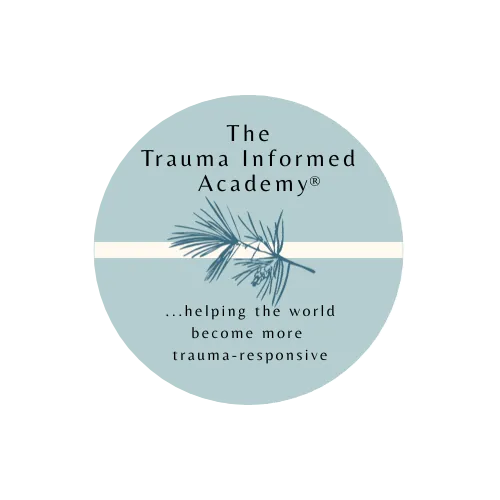

F-699 Do what? Tags, Trauma Informed Care, and HealthCare Facilities
This is the first in a series of several blogs about places where people receive some level of services, specifically, Assisted Living Facilities, Long Term Care Facilities, and Skilled Nursing Facilities. The Centers for Medicare and Medicaid have a set of regulations that are referred to as F-tags. If facilities don’t meet the criteria in the F-tag, they can be cited, penalized, or even shut down.
The F tag most relevant to trauma informed care is F-699. It specifies that if facilities discover they have a resident with a history of trauma, they are to provide trauma-informed care to that person. Culturally competent trauma informed care. This requires good, practical training, a shift in culture, and a commitment to long-term change.
The deficiencies surveyors identify focus on assessing for trauma, knowing triggers, failure to create a personalized treatment plan for that person, exclusive use of medication as the treatment, lack of staff knowledge of who has a history, and lack of adequate access to a psychologist. Avoiding re-traumatization is important.
Here’s the challenge. At least 70% of adults in America have experienced something traumatic. The other 30% have surely seen or heard something--or perhaps inherited the consequences of their ancestors' experiences.
Almost all the folks who think they know TIC (trauma-informed care) are stuck in the same old model of “us and them.” The people with the keys are the “us,” not impacted by the same painful experiences as the people in the beds or rooms or apartments. They are the “them.”
They are, ahem, trying to find the “non-peeing end of the pool.” There is no “them.” It’s all of us. 100% of us are trauma-exposed. Residents, patients, families and staff.
What happens with regard to F-whatever requirements when this perspective is put into action as the foundation of TIC?
Well, because it flips from power-over to shared power (a challenge all its' own), it automatically reduces stigma and re-traumatization. It also begins the journey from transactional to relational process and improving staff and resident well-being.



Email our Admin:
©Copyright 2025 EPower & Associates, Inc. All Rights Reserved.
Privacy Policy | Terms of Use
Featured On...


